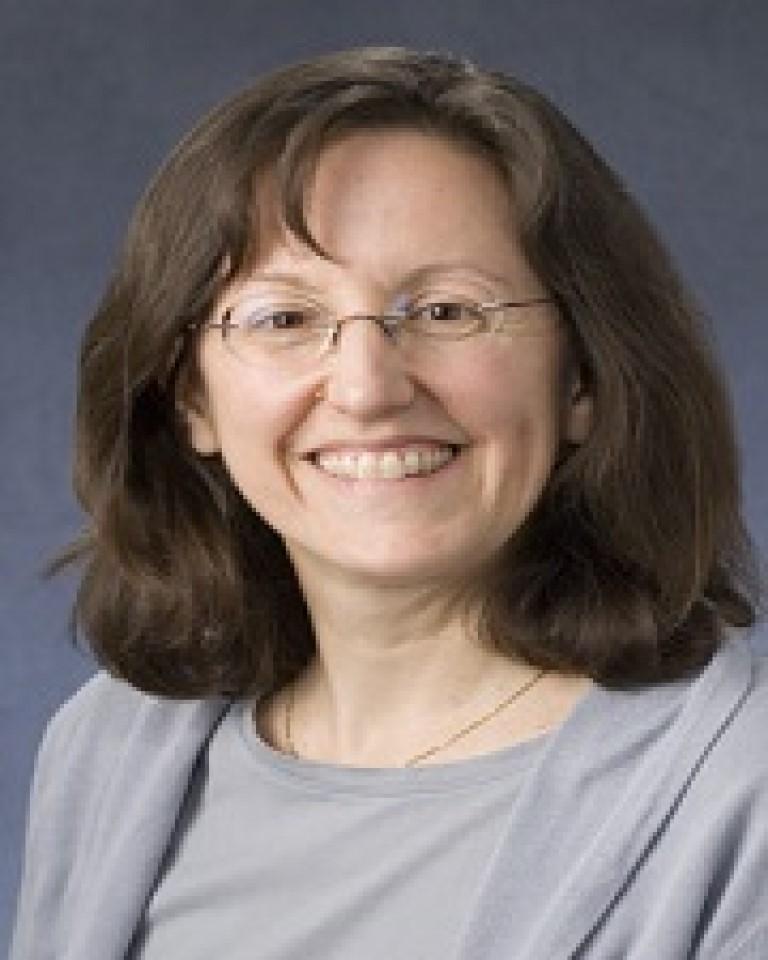Lorie A. Vanchena

MENTOR SPOTLIGHT | JULY 2016
Department: Germanic Languages & Literatures (Assoc. Prof.), European Studies Program (Academic Director)
Describe your work in a few sentences that we can all understand: My current research focuses on poetry written in response to World War I by immigrants in the United States. Three undergraduate research assistants have been part of this project, thanks to a seed grant from the Institute for Digital Research in the Humanities and additional support from the Max Kade Center. While the project does not focus solely on poetry by German immigrants, I am particularly interested in the process of cultural transfer and its relationship to immigrant identity formation, more specifically in how German-American poets often took up and refashioned political poems written in the German states during the 19th century to create commentary, both pro-American and pro-German, on the Great War.
Q: How did you first get interested in doing research?
A: I first conducted research as an undergraduate history and German major; I wrote a senior thesis on political comedies written during the German Vormärz, the years preceding the failed revolution of 1848-1849. As a graduate student I continued researching 19th-century political literature and loved working with archival materials—newspapers, literary journals, and broadsheets, for example—in German libraries.
Q: What do students in your discipline learn by doing research that they wouldn’t learn by just taking classes?
A: Students gain a deeper appreciation for history when they have the opportunity to engage with archival materials. In the case of my project, the poems are historical but so are the periodicals in which the poems were originally published. Identifying, encoding, and annotating poems requires not only knowledge of the larger historical and cultural context but also very close work with a text and with skills and technology that are generally not needed when preparing a poem in a print anthology for class discussion.
Q: What do you find to be the most exciting part of doing research? What makes this line of work meaningful and interesting to you?
A: I have always found the "detective" work that my research involves most exciting: searching out archival sources in order to recreate, if possible, the historical record. I now also find it very exciting to work on a team with undergraduates, helping them not only learn to ask questions that allow them to explore the subject matter but also to develop the skills and expertise they need to work productively with archival materials and in the Digital Humanities.
Q: What advice do you have for undergraduates interested in doing research in your field?
A: Start early! Use every opportunity to learn about and experience the research process. Put a lot of effort into your course assignments and projects so that you are in the best position possible to discover ideas that fascinate you. Speak with your instructors about their research. Seek out opportunities to use wonderful resources available on our campus, such as KU Libraries and the Center for Undergraduate Research. Attend lectures and other events so that you are intellectually challenged and engaged outside of the classroom.
Q: For many students, doing research or a larger creative project is the first time they have done work that routinely involves setbacks and the need to troubleshoot problems. Can you tell us about a time that your research didn’t go as expected? Or about any tricks or habits that you’ve developed to help you stay resilient in the face of obstacles?
A: Research in my field can often be a solitary endeavor, whether one is spending time conducting research or sitting at a desk writing. My current project is teaching me the value of being part of a team. Each member needs to work independently and contribute to the project, but there are considerable benefits to regular exchange (my undergraduate research assistants and I call it ‘team time’). And the work is much more fun this way!
Q: How do you spend your time outside of work?
A: I love walking and playing with my beagle, whom I adopted from a rescue organization. I also enjoy working in my yard, digging up more and more of the lawn to make room for plants and flowers.